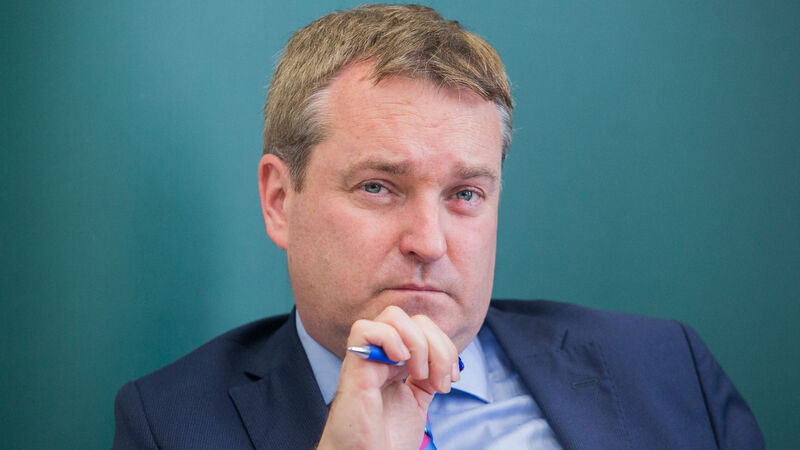Second increase in four months brings Robert Watt's salary to €298,000

Robert Watt, secretary-general of the Department Health: his salary was agreed at a level €81,000 above the standard pay of the grade when he took over his health role in April of last year. File picture: Gareth Chaney Collins
Department of Health secretary-general Robert Watt has received his second pay hike in just four months, which has moved his salary to just under €298,000.
The can reveal that Mr Watt’s salary, the subject of much controversy in recent times, has risen by a further €2,949 to €297,869 as of February 1.










